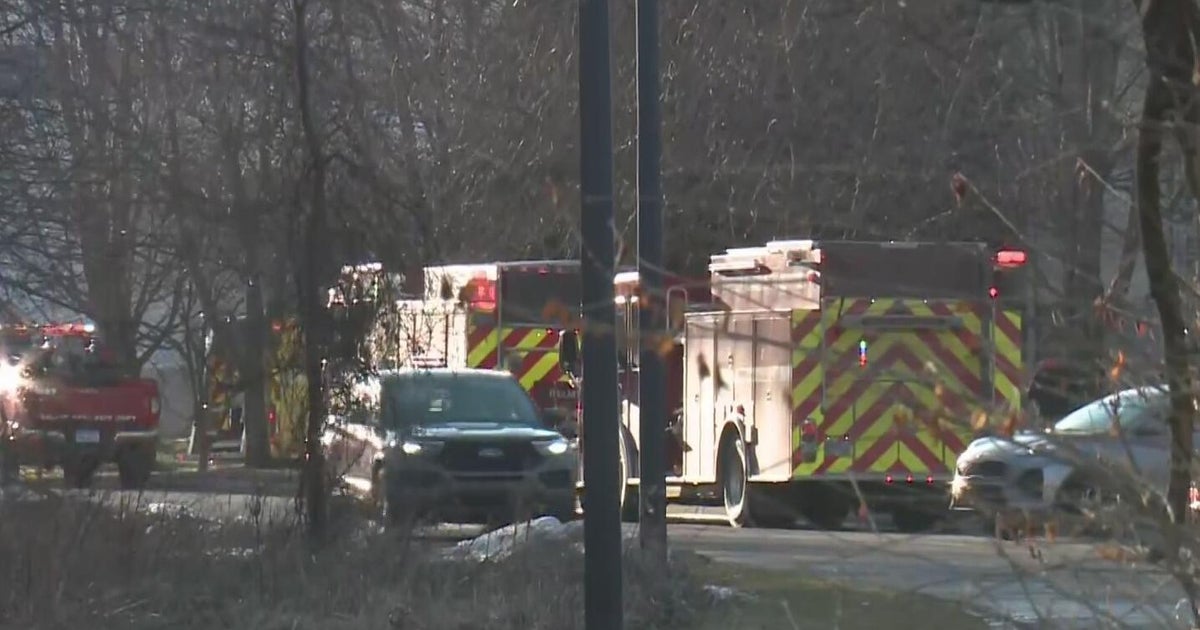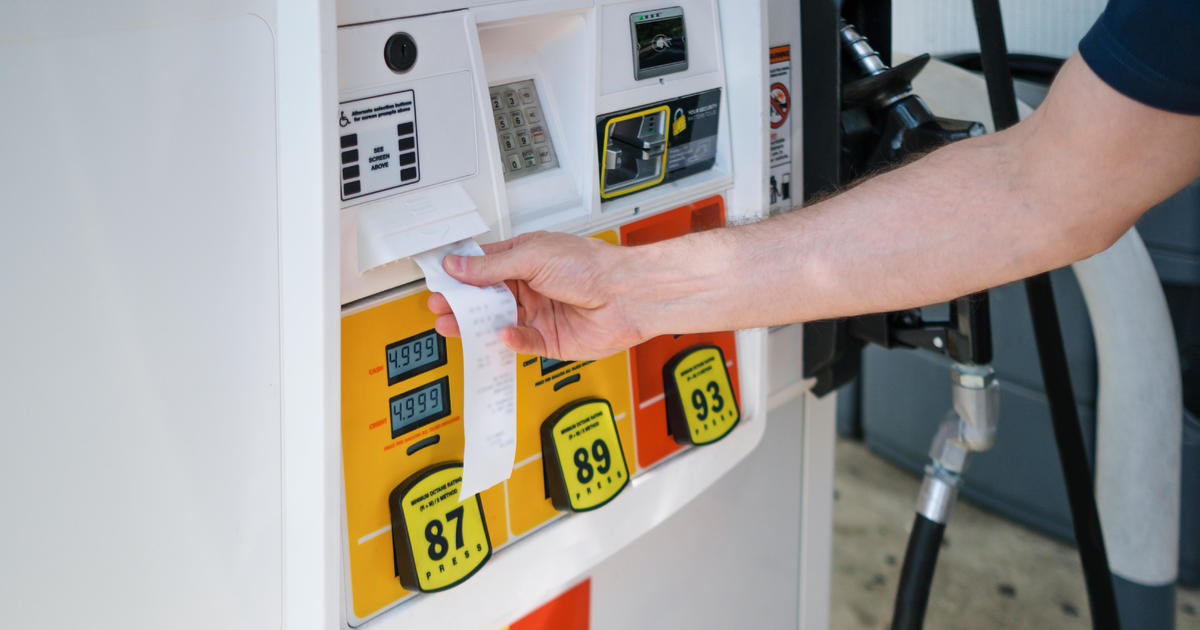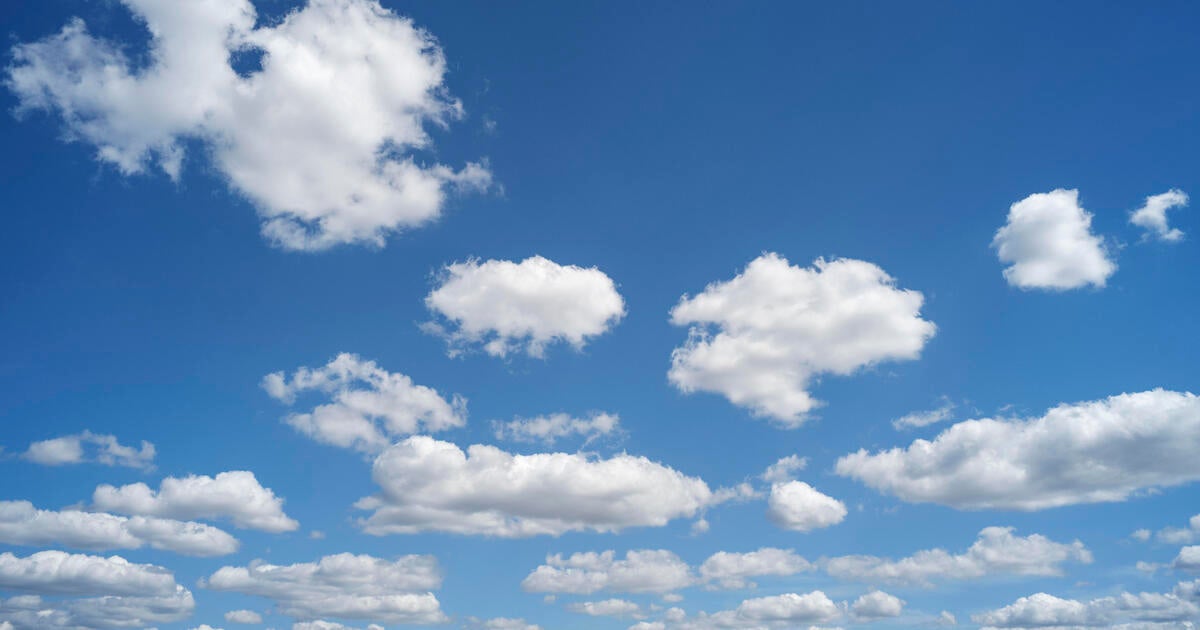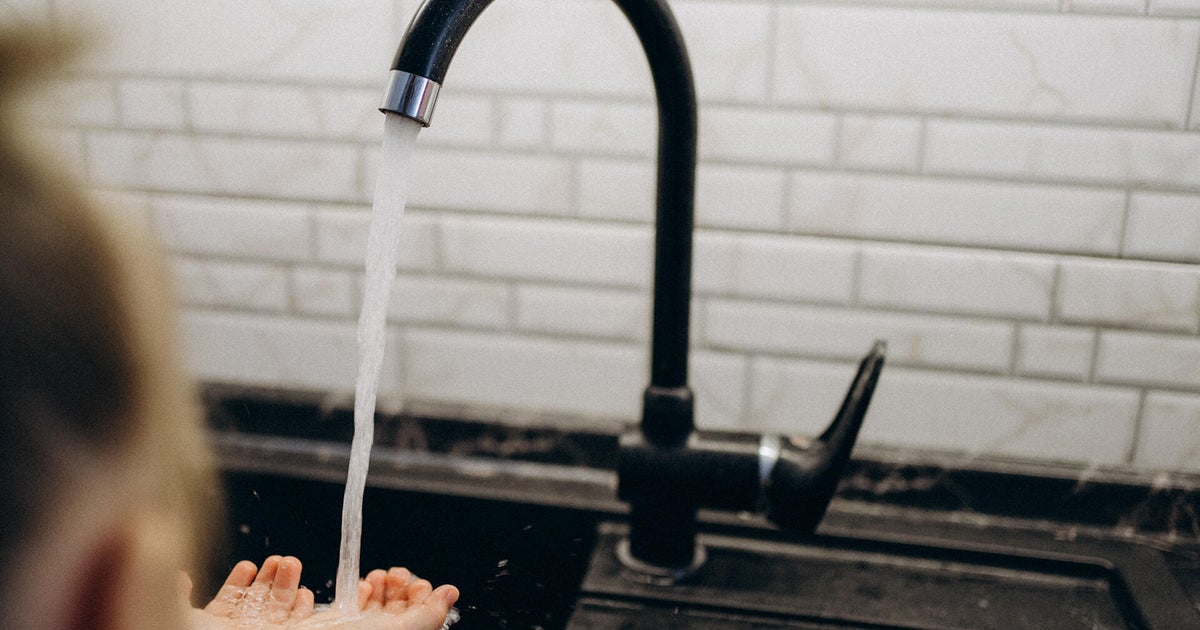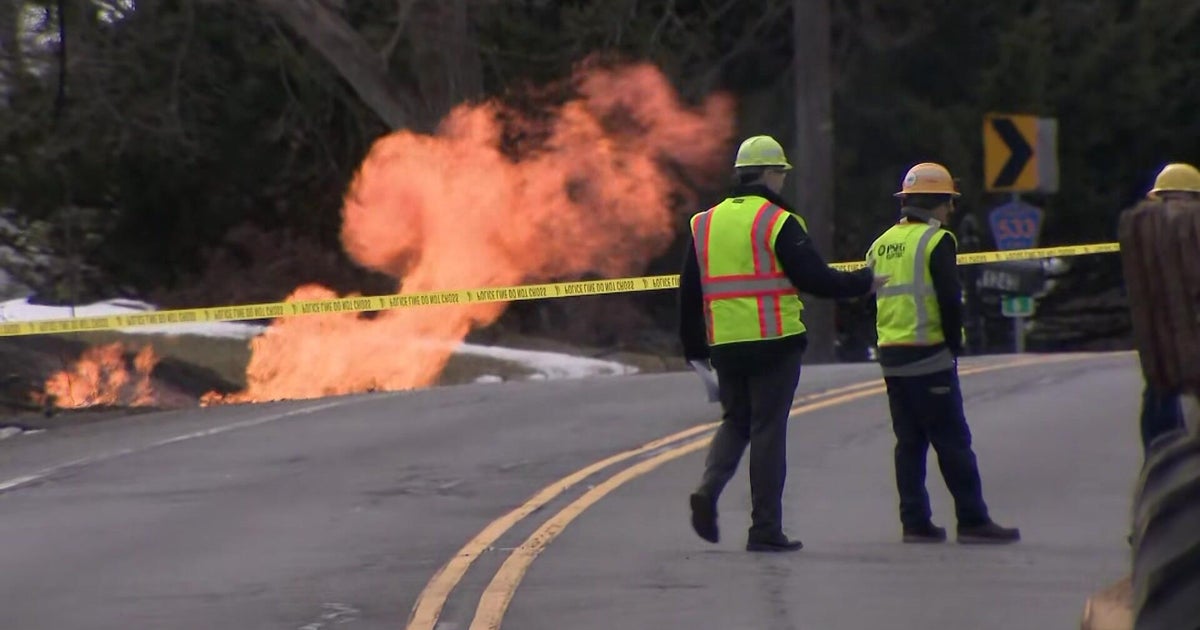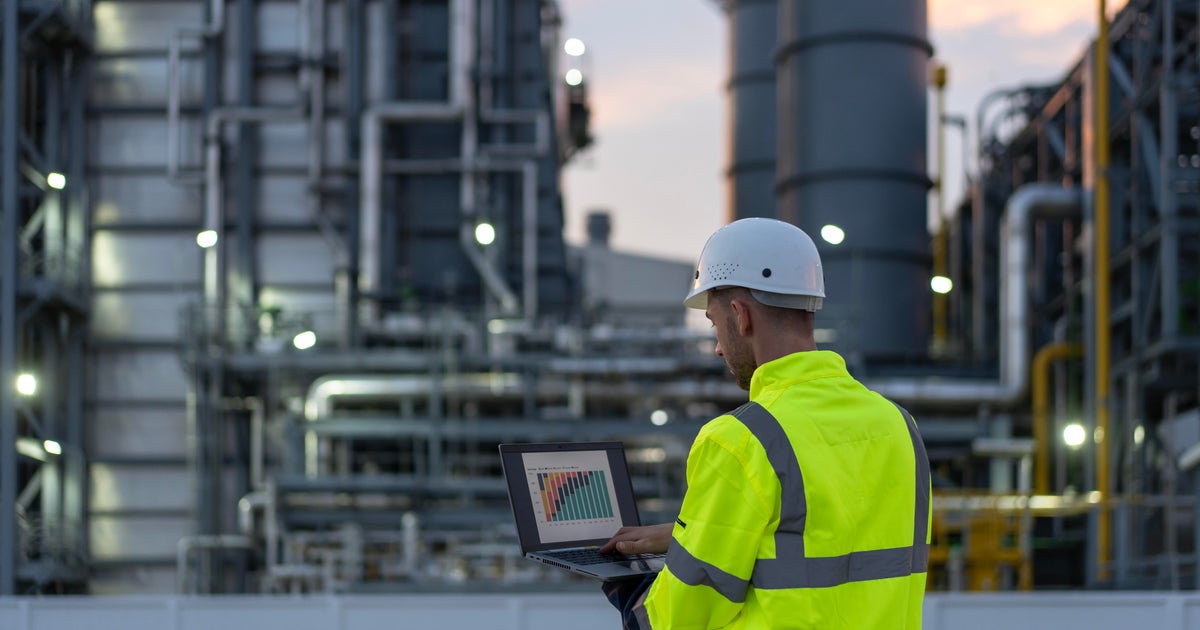Gas Drilling Company Recycling "Fracking" Water
NORTH TEXAS (CBS 11 NEWS) - In this week's EcoWatch we show you a frack water distiller. Water is probably the most recycled stuff on this planet; the water that formed three to four billion years ago still exists today in some form or other. It is also the basic building block of life (our bodies are almost 60-percent water by weight) and basic essential for everyday living.
In North Texas water has been in short supply since October of 2010, our water reservoirs are currently at the lowest levels in years. While there is not a lot of water at the surface this year in the area around the Barnett Shale there a treasure of natural gas below it.
MINING THE BARNETT
Devon Energy is the company that started Hydraulic Fracking in the Barnett Shale. They bought the company that invented the process, Mitchell Energy. Today Devon operates hundreds of wells, drawing out methane that is used (mostly) for electricity generation. You likely know the short version of fracking.
Drillers make a 9" hole down about 7,500 feet into the formation called the Barnett Shale. They drill down to about the middle of the layer (it's only about 100 feet thick) and then start drilling horizontal, sometimes going more than a mile and a-half out. A concrete sleeve goes in, then a 5" steel pipe. Like pumping up a bike tire, a "frac-job" involves putting about four to six million gallons of water into the hole, under pressure, until the shale starts to crack apart. It's a good trade. In exchange for 10 million gallons of water they expect to get a billion and half cubic feet of gas during the 20-30 year lifetime of the well.
WATER IN THE MIDDLE OF A DROUGHT
Still that is a lot of water. Keep in mind this is fresh water but certainly not the water you get from the tap. This is raw water from a lake, river or well. But every "frac –job" uses enough water to supply about 150 homes for a year. Once the water goes down only about 20-percent of it comes back at first (called "flowback"), most of it stays down in the well. The water that comes back up is considered industrial waste. It contains the fracking fluids and salt (more on both of those a little later). The water that is recovered is traditionally just re-injected down an old well hole. To keep this wastewater from tainting our water supply they pump it down to reside under 7,000 feet of solid rock. There are not many geologic processes that would somehow get that water back to the water table (which is usually only a couple of hundreds of feet down). So all that water (more than 1,000 wells in the Barnett alone) is taken out of the water cycle. It'll likely never see sunlight again, at least not for millions of years. Water is a precious commodity as well, at least in these parts.
IT'S IN THE WATER
To work the Barnett, Devon Energy uses three or four ingredients. There is always a biocide; it keeps bacteria from growing in the water that can gum up the pipes. They also add a version of soap to make the water "slick" (hence the industry term "slick water" for fracking fluid) and easier to pump. Lots of sand goes down with the water, it holds open the fractures brought on by the pressure. If the water has the potential to produce scaling they add a scale inhibitor. There are no chemicals that create fissures down below, that is done with pressure. The stuff added to fracking fluid is simply added to handle the water.
RECYCLING
Water is part of company cost coming in and going out. They buy it from local water districts (Tarrant Regional Water District covers most of the northern Barnett play, it sold the gas drilling business over 700 million gallons of water in 2010) and hire another company to dispose of it (re-inject it underground). At last we are at the heart of this story. Back in 2004 Devon contracted a company called Fountain Quail out of Canada to recycle the fracking fluid. While reinjection is an economical solution in these parts, it is not the same story in other gas fields. So Devon and Fountain Quail set out to find the best way to recycle the flowback.
FIRST BUILD A LAKE
Devon started the project by building a small lake just outside Denton on land they own. Then last December Fountain Quail built their distillation plant. The lake sits in the middle of their play; there are about 30 to 40 active wells within a five-mile radius. The distillation site is mobile on purpose, so it will follow the action. Keeping it close to the wells keep trucking and piping costs down.
The frack water goes into an above ground holding pond. It is piped into the "phase A" filter system first. This takes out the dirt and clay that permeates through the water. The stuff is a dark brown color when it goes in and comes out looking like tap water. But there is still a major problem; the water is full of salt. This is a byproduct of the shale. The salt is removed with two gas-powered evaporators. They run this operation around the clock every day except on Christmas, producing about 5,000 gallons of fresh water a day. The water is pumped into the holding pond to be used again for other frack- jobs. Devon figures they recycle about 85-percent of the water that comes up from the well. It is used again and again so they only have to buy it once.
It should be noted that Devon Energy doesn't have to do this. They could simply pump the water back into the ground like their competitors do. But they wanted to perfect the recycle process to use it in their other plays where water is very expensive to get to the well site.
And for some good news for the North Texas job market – on the site Fountain Quail has built their newest distillation plant, it is completely mobile. It sits on a semi-truck frame and is driven to the well site. It is the first of its kind, built in Canada. They think they have all the bugs worked out of the proto-type that is sitting there (actually it is two trailers) and have started to look for a place to build them. Right now Devon plans to do that right here in North Texas.
Next week a story about how airlines are saving paper. For any recycle story ideas please email me, Jeff Ray, at jaray@cbs.com. Remember; it only takes one person in a bulldozer to bury it. If you recycle it creates about six new jobs. My story on glass recycling is going to present a perfect example of that.


